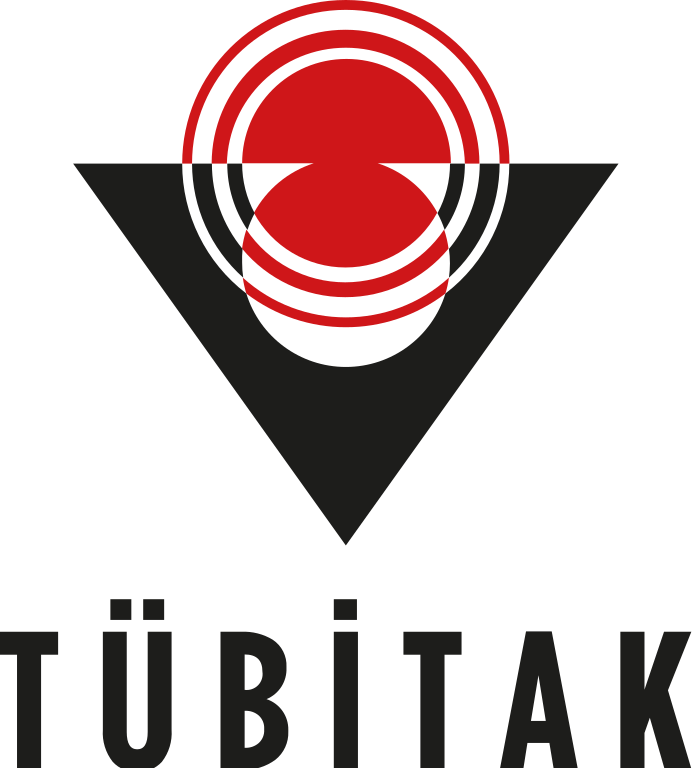Modeling the Motivation for Following Political Leaders on Social Networks and Agenda-Setting Strategies Using Computational Social Science Methods
Social networks provide opportunities for obtaining information about the political agenda, showing support by following politicians, and engaging in open discussions by expressing opinions on current issues. Additionally, they serve as a valuable resource for observing real-world events, even in a limited capacity, and for conducting analyses. In this study, we will utilize a comprehensive social media dataset, including information on deleted content, as well as monthly collected social network data to track changes in politicians' followers. Furthermore, machine learning models will enrich the dataset by performing sentiment analysis, hate speech detection, and topic identification for content, while bot detection and political ideology prediction will be conducted at the account level. Previously, we developed computational approaches and we plan to study political support and agenda-setting on social media—topics of significant importance in political science literature that have remained understudied due to data or methodological limitations.
First, rally speeches, press statements, and news texts related to the 2023 General Elections will be compiled, and the identification of important events and agendas will be ensured. During the election campaigns, users' motivations for following or unfollowing political accounts will be determined, and this will be used to measure support for newly formed alliances. The political agendas that we will automatically detect and the political groups supporting them will be examined, and the topics supported by ideologically similar groups, as well as the changes in the importance given to these topics over time, will be measured. In this way, a temporal network representation of agendas will be created, and agenda-setting strategies will be identified. During the period leading up to the presidential elections, the evolving agenda and the topics competing for voters’ limited attention will be analyzed, and they will be examined and discussed in line with the goals of political parties. The project's objective of modeling agenda-setting strategies aims to mathematically analyze this concept, which has been discussed at a conceptual level so far. In the final work package, agenda-setting strategies will be modeled using agent-based systems, and simulation models will be developed based on observations from real datasets.
To ensure the successful completion of the project, a team of expert researchers from different disciplines will work together. Dr. Onur Varol, who is an expert in computational social sciences and computational methods in computer science, will lead the project. Prof. Ali Çarkoğlu, an expert in comparative politics, voting behavior, and quantitative social research, will contribute as an advisor. Dr. Serkant Adıgüzel, a researcher specializing in political economy and econometric models, will work on analyzing news texts and examining the temporal changes in the political agenda. The project team will include two postdoctoral researchers and two PhD fellows seeking to advance their careers in computational social sciences. Additionally, one undergraduate fellow will support data collection and participate in research activities.
With the completion of the work packages presented in the project proposal, we aim to explain the different factors influencing users' support for politicians on social media and to observe the strategies developed for agenda-setting and their effects both on real datasets and through mathematical modeling and simulation of these systems. As a result of the project, it is intended to utilize innovative computational social science approaches and to train fellows who wish to advance their careers in this field.
This project is funded by TUBITAK 1001 (225K007) program
| Funding Agency |

|
|---|---|
| Proje Duration |
|
| Team |
|